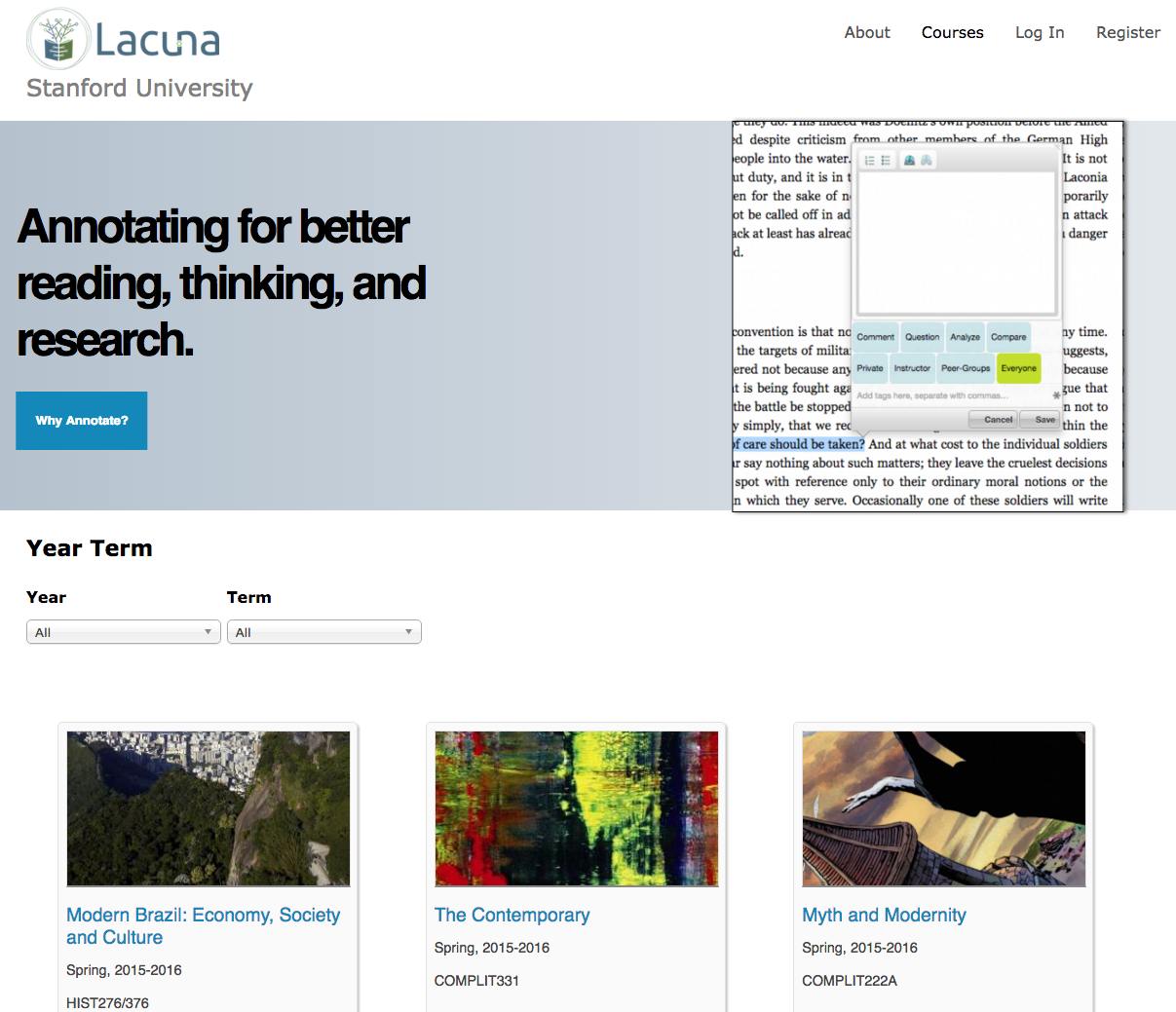Who's Using It?
Hypothes.is is an open platform for the collaborative evaluation of knowledge. It combines sentence-level critique with community peer-review to provide commentary, references, and insight on top of news, blogs, scientific articles, books, terms of service, ballot initiatives, legislation and regulations, software code and more.
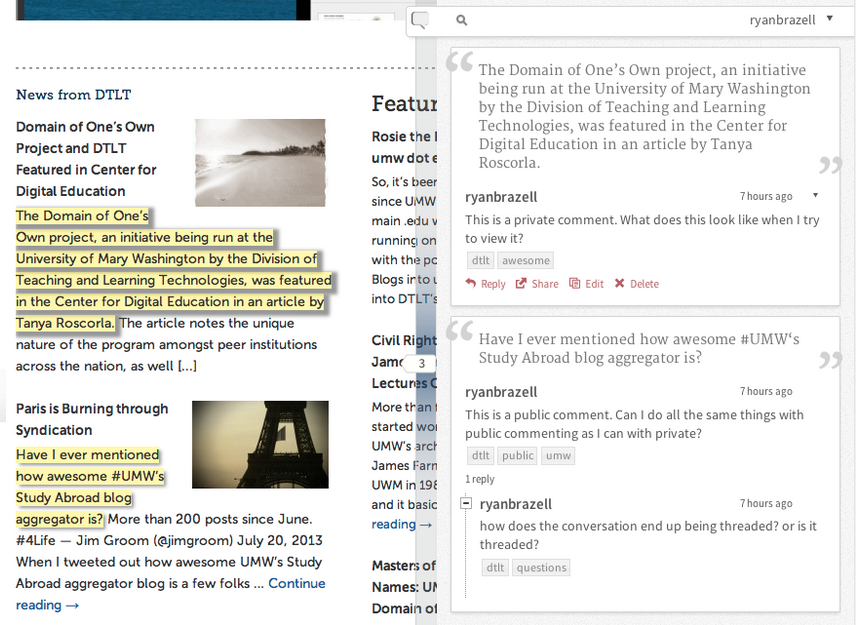
The Open Video Annotation Project led by Harvard offers a simple way for anyone to create media-rich commentaries on fragments of video.
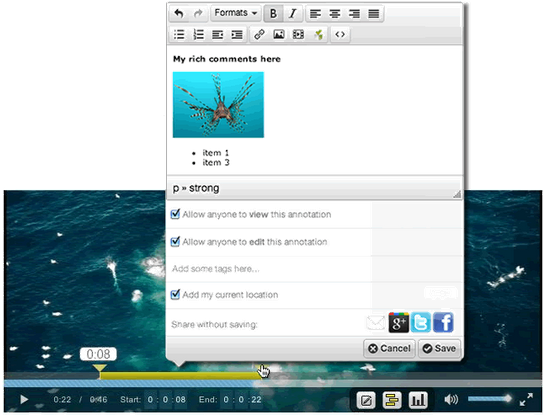
EdX is a platform that hosts free courses designed for interactive study via the web, provided by MIT, Harvard and Berkeley.
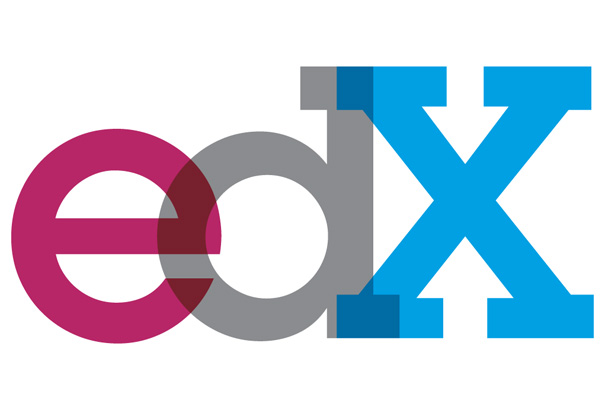
H2O is a suite of online classroom tools provided by Harvard’s Berkman Center that allow professors to freely develop, remix, and share online textbooks, casebooks, and modules under a Creative Commons license.
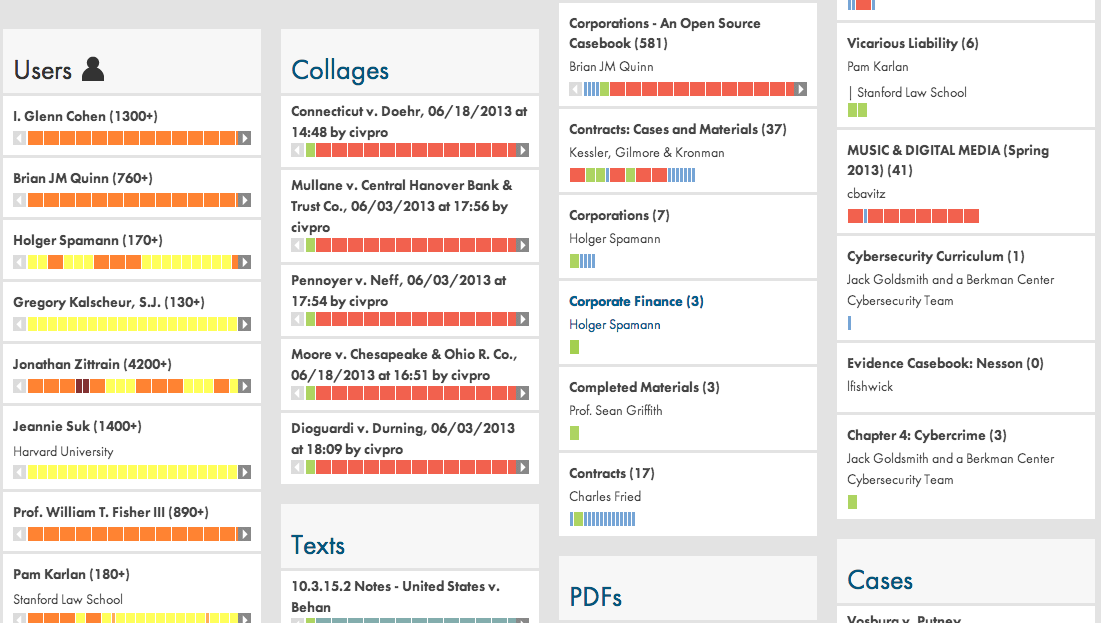
Annotation Studio is a suite of web-based annotation tools developed by MIT’s HyperStudio that supports close reading and collaborative interpretation of online documents. It is designed primarily for humanities students and classrooms.
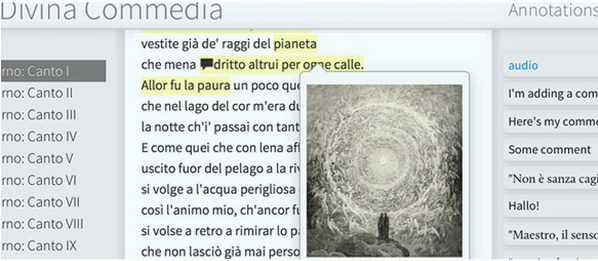
WritingPod is an online writing community that allows users to share and get feedback on their writing, and engage with what they read.
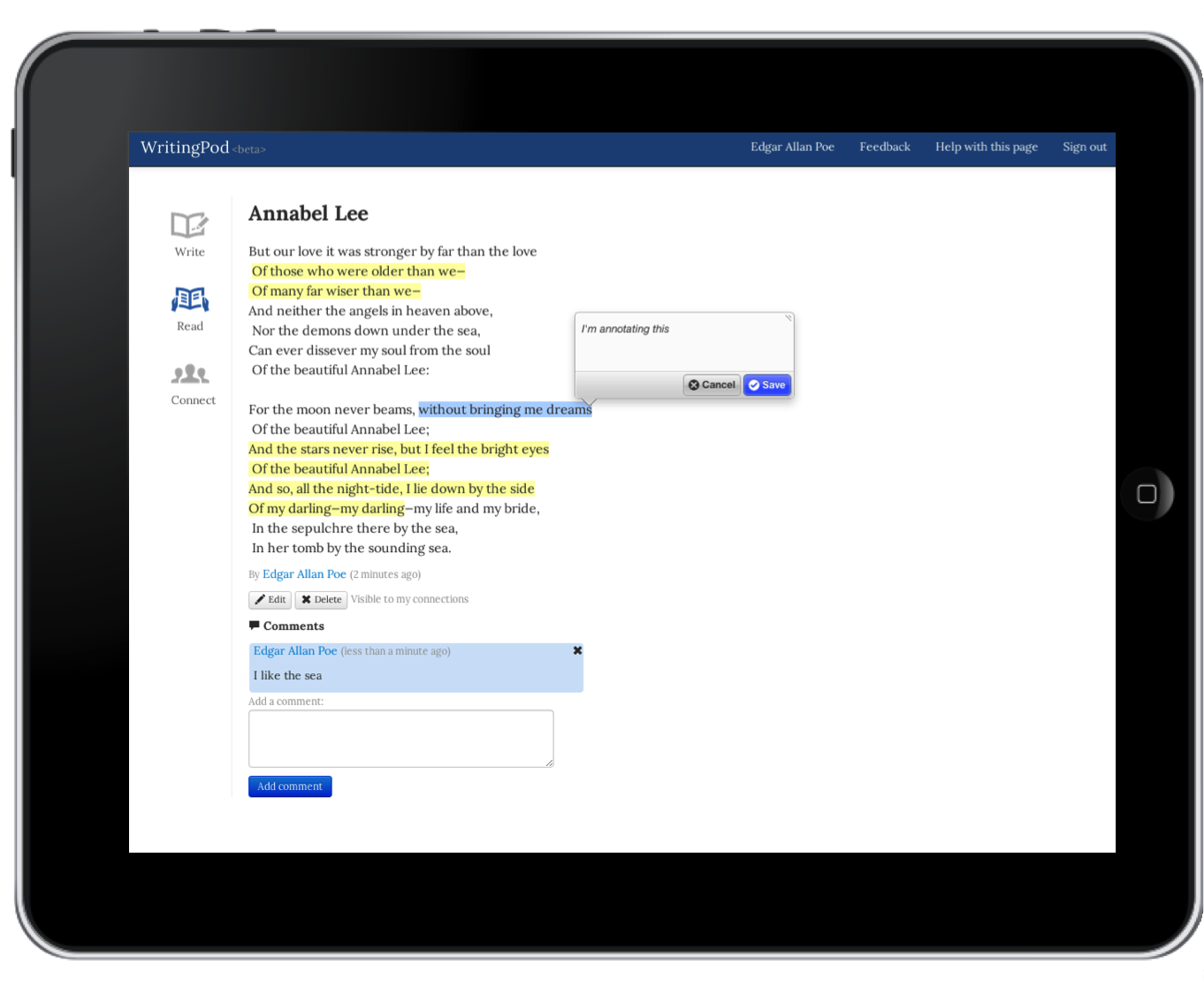
Crunched Book (cbook) is a platform for reading and exploring literary works. It is based on semantic technologies and it is designed primarily for students and classrooms. Students and teachers can annotate portions of text, explore novel’s settings through interactive maps, add and share images and other contents related to a literary work, search for terms into the text (e.g. in the quoted speeches of a particular character), explore connections between characters in their social networks.
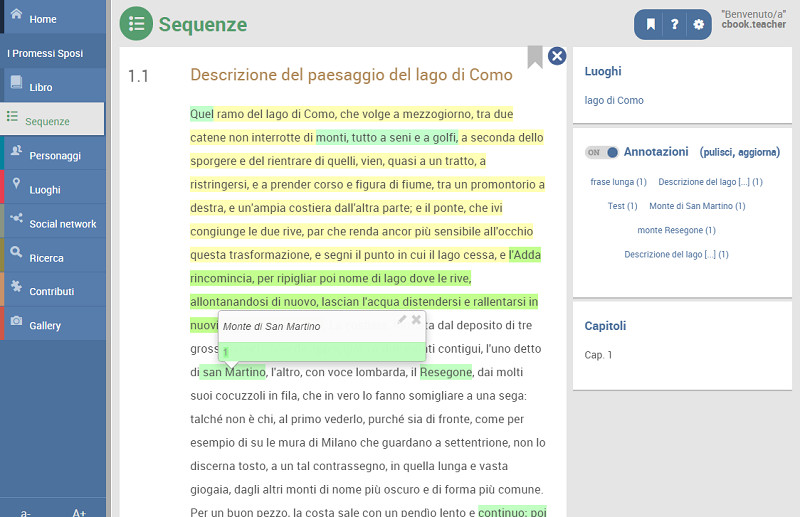
The Max Planck Institute for the History of Science maintains a series of software projects for annotation of scanned books, images, and texts.

AustESE is developing a set of interoperable services to support the publication of electronic scholarly editions by distributed collaborators in a Web 2.0 environment.
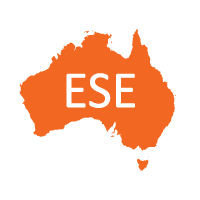
OERPUB is creating open-source tools for authoring, adapting, remixing, and publishing open education resources and then delivering them to the web, mobile, tablet, and print.
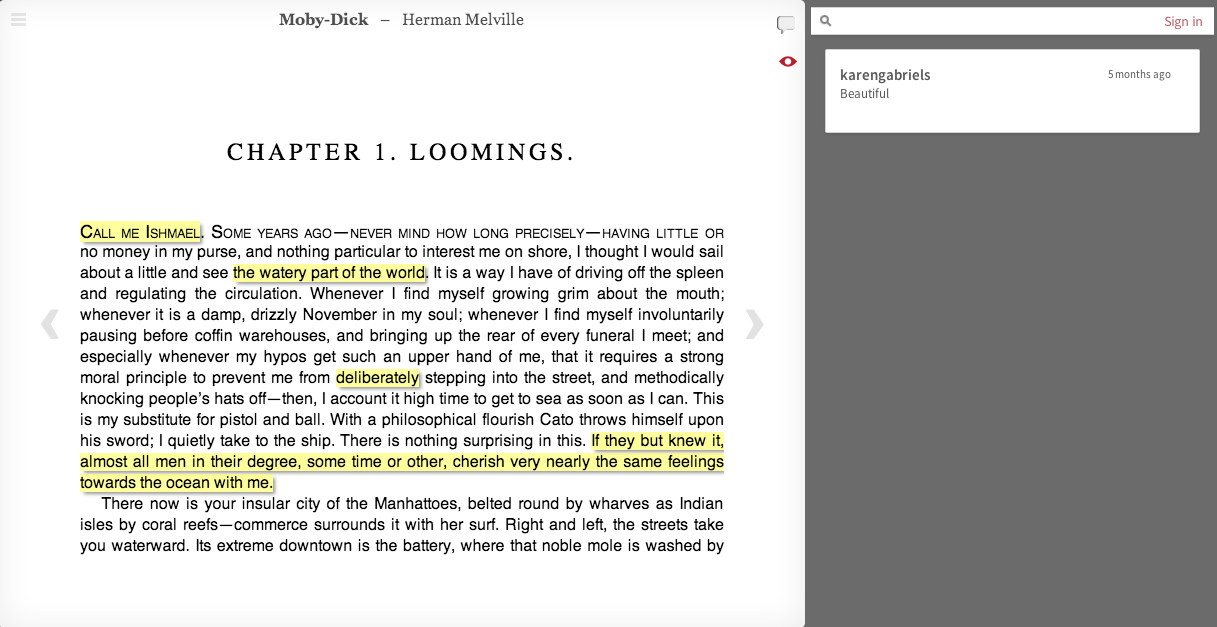
KarmaNotes empowers college students to share course notes, study guides, and other digital learning resources online.

The OpenGov Foundation’s Madison Project seeks to open government documents to allow for public discussion, collaboration and improvement.

PeerLibrary provides a collaborative layer of knowledge on top of academic publications, allowing researchers to see and share real-time highlights and annotations.
Safari Tutorials provides customized tutorials for training company employees.
Paper Grader allows teachers and professors to quickly and efficiently collect, annotate, and grade student papers.
Siyavula makes textbooks and resources available online for teachers and learners.
Universitat Oberta de Catalunya maintains a set of open applications and teaching tools.
Infinite Ulysses supports public participation in the conversation around James Joyce's challenging novel by adding social voting and favoriting to Annotator.
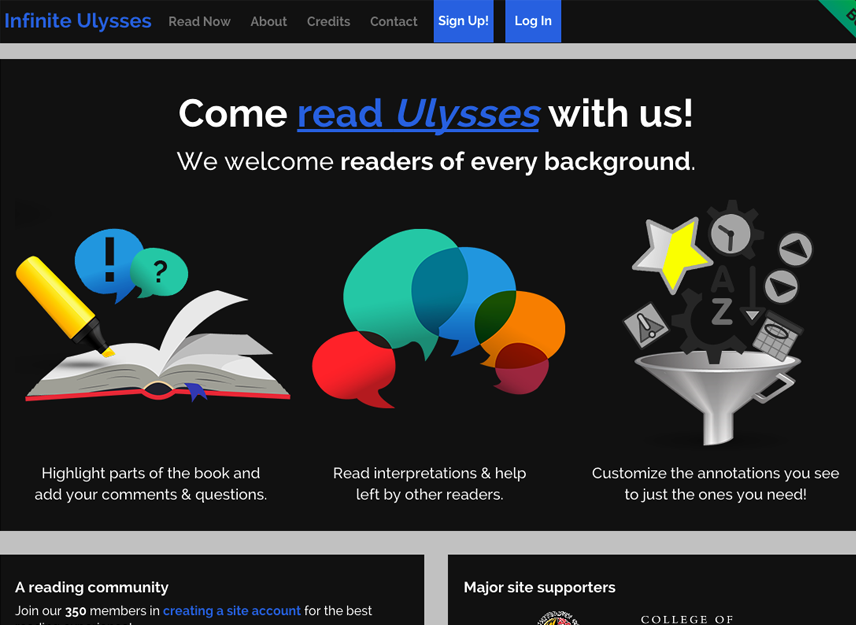
Lacuna is an open-source, online learning tool designed by the Stanford Poetic Media Lab to create new possibilities for reading and learning collaboratively. By focusing on tools for digital annotation, Lacuna allows instructors, students, and co-learners to discover different ways of reading, interpreting, and discussing course materials.
